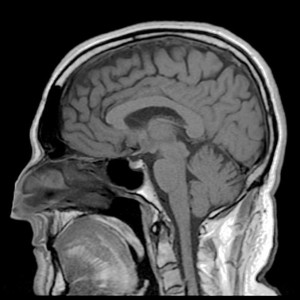In July, I was in a new doctor’s office and they handed me a three page Medical History to fill out. You are kidding me right? Another pathetic Boomer moment (okay, I hate the term Baby Boomer but haven’t come up with a better one).
Regardless of how I feel about my doctor asking for so much information, I realize it is important. Especially if you consider that preventable medical errors are the sixth biggest killer in America, according to the Institute of Medicine. It is important to have your information well organized so you can locate it when you need it. Sometimes a family member will need access to your medical information as well, like I did with my mother.
Last summer my mother was hospitalized for an unknown illness. It took them three days to figure out what she had. My sister and I took her to the emergency room and they were asking all kinds of questions that we could not answer. Things that were relevant, like what types of medications she was taking, what other diagnoses she had and some other stumpers. My mother has chosen not “to burden her children with this nonsense.” Luckily my mother saw the value in paying the fee to become a private patient when her physician’s office changed their business model. We had great access to information from his office, on a Friday night!
I immediately started tracking different things in Evernote. Now every time I go to the doctors I record my blood pressure, and why I went to see them. I have created a record of what meds and vitamins I am taking. I have also gone back and recreated what I could by looking at my insurance company web site, and that has jogged my memory.
Does it matter if it is on paper or electronic? Not at all. I have one client who uses a notebook. We divided it up into sections by medical issues- cardiac, back, skin etc. I prefer the electronic method, however it is important that someone know how to access the information.
What should be included in your record?
- Your primary doctor’s contact information
- Allergies, including drug allergies
- Medications, including vitamins, supplements and the dosages
- Chronic health problems
- Surgeries and dates of the surgeries
- Living will and advance directive information
- Test results
- Cholesterol and blood pressure
- Immunizations
I always keep a list of questions for the doctor with my records.
Now that you have a clearer idea of what you need to do to be more prepared to manage your health… go ahead, get started. It could be a life saver!






Great tips Anna – thank you! Something I need to start doing for myself. I love my smart phone so the idea of using an electronic log to keep track of medical info is perfect.